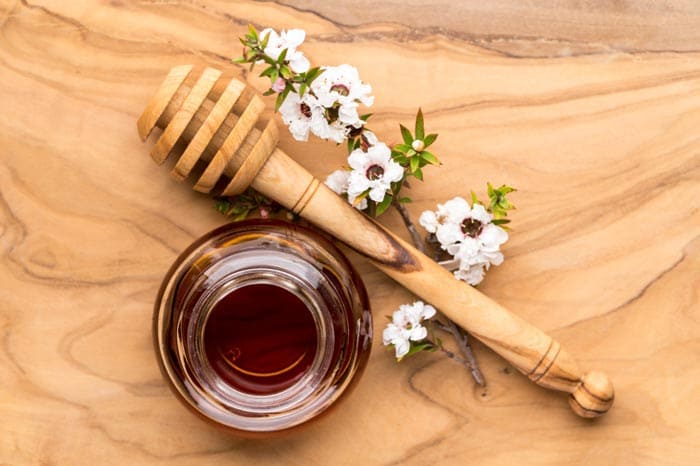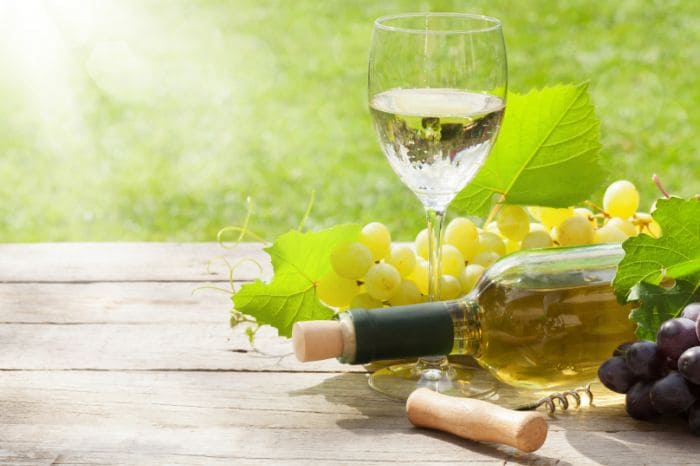Foods That May Disappear Because of Climate Change

Chocolate
Scientists have predicted that chocolate production will significantly diminished by 2030. It has been predicted that in the next 40 years, the temperature in Ghana and Cote d'Ivoire, where 70% of cocoa is grown, is set to rise by 2C. This will make the climate too hot and dry for growing cocoa trees.
Scientists have predicted that chocolate production will significantly diminished by 2030. It has been predicted that in the next 40 years, the temperature in Ghana and Cote d'Ivoire, where 70% of cocoa is grown, is set to rise by 2C. This will make the climate too hot and dry for growing cocoa trees.

Honey
Bees are losing their habitat due to climate change. A study published in the journal Science shows that due to changing temperature and weather conditions, bees have failed to migrate and many populations have died. While some animals may have adjusted, the research on bees suggests that they don't have the same ability to adjust easily to new environments.
Bees are losing their habitat due to climate change. A study published in the journal Science shows that due to changing temperature and weather conditions, bees have failed to migrate and many populations have died. While some animals may have adjusted, the research on bees suggests that they don't have the same ability to adjust easily to new environments.
.jpg)
Coffee
High temperature and extreme conditions are leading to coffee rust and fungus that are invading many plantations. Severe drought in Brazil, flooding in Honduras and Vietnam running out of water shows that the problems have already started and many coffee-growing regions may not be able to yield the same produce due to warmer climate.
High temperature and extreme conditions are leading to coffee rust and fungus that are invading many plantations. Severe drought in Brazil, flooding in Honduras and Vietnam running out of water shows that the problems have already started and many coffee-growing regions may not be able to yield the same produce due to warmer climate.

Wine
The climate is the most critical aspect in ripening the fruit to its best quality to produce a particular type of wine. While world's premium wine regions are under threat due to hotter and unpredictable weather like Bordeaux and Rhone regions in France, Tuscany in Italy and Napa Valley in California and Chile, but there's a ray of hope. Studies suggest that we might have other varieties from new regions like Northern Europe, the US north-west and the hills of central China.
The climate is the most critical aspect in ripening the fruit to its best quality to produce a particular type of wine. While world's premium wine regions are under threat due to hotter and unpredictable weather like Bordeaux and Rhone regions in France, Tuscany in Italy and Napa Valley in California and Chile, but there's a ray of hope. Studies suggest that we might have other varieties from new regions like Northern Europe, the US north-west and the hills of central China.

Peanuts
Peanuts need just the right moisture and cool underground temperatures to grow. Too little rain will prevent the seeds from germinating and too much heat will burn the shoots. As temperatures become warmer, it might affect peanut production because they require a stable climate to grow.
Peanuts need just the right moisture and cool underground temperatures to grow. Too little rain will prevent the seeds from germinating and too much heat will burn the shoots. As temperatures become warmer, it might affect peanut production because they require a stable climate to grow.
.jpg)
Cherries
Stone fruits like cherries require a cold climate to bear fruit. When there are too few cold night pollination may not happen. Rising temperatures could mean that trees will flower later and produce lesser fruits.
Stone fruits like cherries require a cold climate to bear fruit. When there are too few cold night pollination may not happen. Rising temperatures could mean that trees will flower later and produce lesser fruits.

Apples
Like cherries, the apple tree requires a certain period of winter chill to bear fruit. A Japanese study has found that rising temperatures are causing apple trees to bear fruit sooner, making them softer and sweeter in taste.
Like cherries, the apple tree requires a certain period of winter chill to bear fruit. A Japanese study has found that rising temperatures are causing apple trees to bear fruit sooner, making them softer and sweeter in taste.

Maple Syrup
Drier summers and wetter winters are affecting the maple trees. In winters, they need freezing temperatures to produce the sap. Rising temperatures are causing the sap to flow earlier and thus affecting the quality and yield of the sugary sap used to make maple syrup.
Drier summers and wetter winters are affecting the maple trees. In winters, they need freezing temperatures to produce the sap. Rising temperatures are causing the sap to flow earlier and thus affecting the quality and yield of the sugary sap used to make maple syrup.
No comments:
Post a Comment